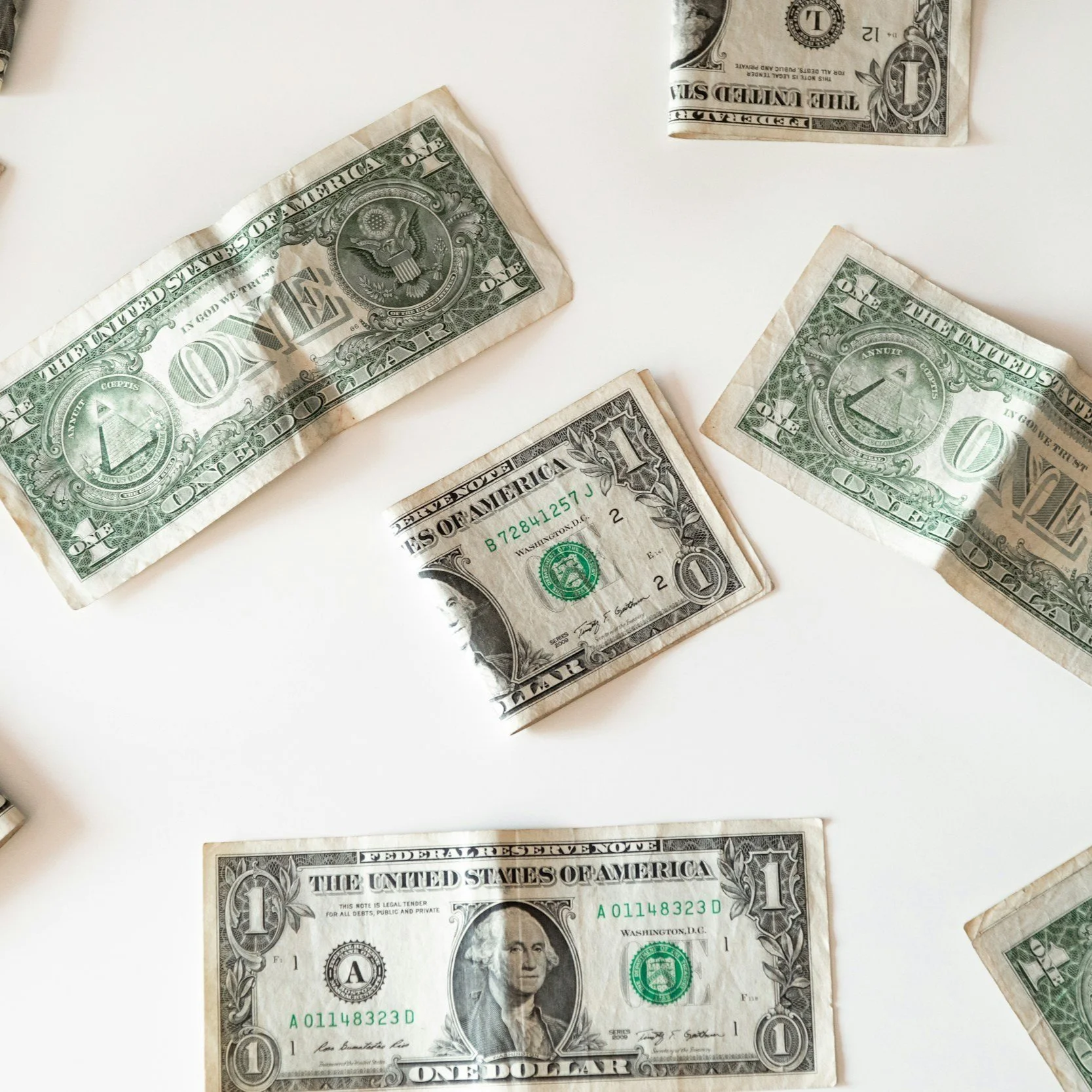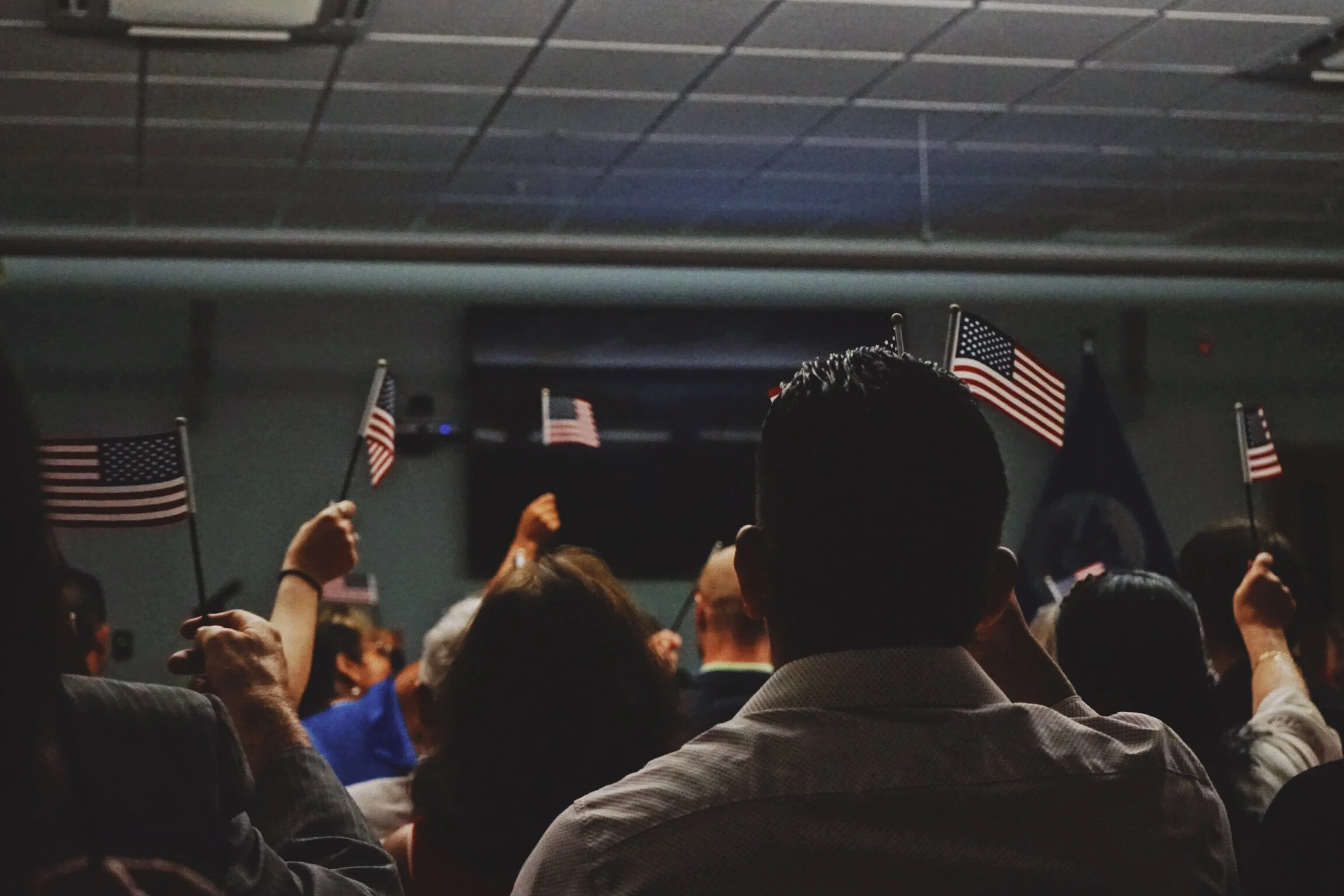Urban areas are home to a great number of people, all living within close proximity to one another. In 2022, “the world’s population reached 8 billion… with over half (55 percent) living in urban areas, a figure projected to rise to 70 percent by 2050” (United Nations). With that said, it is crucial that individuals have access to clean air, water, public transportation, green spaces, etc., to ensure happy and healthy lives. Sustainable urban planning aims to accomplish this by balancing social, economic, and environmental needs. How? With Multi-Criteria Decision Analysis (MCDA). In this sense, it is a method for evaluating several options or objectives, where each objective's importance is weighted against others. This article will discuss how this technique works along with other algorithms used for sustainable urban planning.
All in Public Policy
A Look At The Potential Outcomes of Donald Trump’s Economic Policies
Donald Trump has been elected as the 47th President of the United States, and a significant voter issue that led to his election is the belief that he will “improve” our economy. But what does this mean, and how does he plan to do that?
Wealth, Worth, and Well-Being: A Behavioral Economics Perspective
What if the key to happiness isn’t how much we earn, but how we think about spending? Behavioral economics offers insights into why our perceptions of income and consumption often defy traditional logic—and how these insights can reshape public policies to boost societal well-being.
Preserving History Amid Climate Change: Heritage Site Conservation
The ever-pervasive nature of climate change has impacted all facets of society and spurred scientific research into alternative energy sources, developing carbon-negative materials, and designing sustainable infrastructure, amongst many other research topics. These research directions seek to develop new technologies to tackle climate change consequences before they happen. However, along with looking towards the future, it is just as important to understand how we can preserve the past as climate change impacts historical items, materials, and architecture. Focusing on the impact of climate change on historical sites, cultural conservation research has evolved to include understanding how climate change impacts cultural heritage sites, and how we can continue to preserve these sites.
Unfulfilled Promises: The Shortcomings of the ICC in Pursuing Global Justice
As the list of countries haunted by genocides and war crimes grows—Palestine, Ukraine, Sudan, and the Democratic Republic of the Congo, to name but a few—the notion of justice becomes increasingly translucent, mirroring the institutions that are supposed to champion it. With the International Court of Justice (ICJ) capturing headlines for South Africa's legal Case against Israel, we need to scrutinize another key player in the arena of international law: the International Criminal Court (ICC). This institution is tasked with bringing individuals to account for their roles in war crimes. Yet, as we delve deeper, we find the reality is often as ambiguous as the concept of justice itself, revealing a fine line between the idealistic pursuit of accountability and the practical challenges it faces. This situation demands a closer look at the ICC's operational efficacy and the broader implications for global justice and accountability.
Optimization and Modeling Strategies for Efficient and Sustainable Transportation Networks
Transportation engineering is a crucial field that involves the planning, design, operation, and maintenance of transportation networks. These networks are systems of interconnected facilities that allow for the movement of people, goods, and vehicles from one place to another. Transportation engineers work daily to implement and design efficient transportation networks that are safe for the public and protect the environment. There are various types of transportation networks, including highway, rail, air transportation, maritime transportation, intermodal transportation, and urban transportation networks. These networks play a significant role in the economy by facilitating the movement of goods and people and connecting businesses and individuals to markets, opportunities, and services.
Monkey Business: The Scopes Trial of 1925
The 1920s marked a period of great social and technological change within American culture. Following the end of World War I and decades of industrialization, the country experienced an economic boom and rapid industrialization. Innovations such as the radio and automobiles flooded the market, as factories shifted towards mass production. Due to the ratification of the 19th Amendment in 1920, women were now allowed to vote and take a greater role in the political scene. America was quickly becoming a center of opportunity as immigration rates increased substantially, leading to urbanization in big cities. On the other hand, tensions were rising in rural areas, often populated by religious fundamentalists. They saw the changes occurring in large cities as a sign of America’s moral decline (Greenburg, 1983). What was most alarming to them, however, was the topic of evolution which directly contradicted the idea that human beings were created by God. Evangelical leaders pushed for legislation that would outlaw the teaching of evolution in schools. This moral and societal divide would come to a head in the small town of Dayton, Tennessee in 1925. The Scopes Trial, often referred to as the Scopes Monkey Trial, was a symbol of the clash between urban secularism and rural traditionalism within American society in the early 20th century.
When a President Fought the Nation’s Financial System
American presidents have personal rivalries; sometimes these feuds are hidden from the public while others spill out for all to see. Most presidents don’t attack the nation’s finance department because of the enormous political and monetary blowback. However, Andrew Jackson was one American president who did challenge the nation’s finance department and won—at a high price. There are three things one needs to understand about this Bank War: Jackson, the bank he fought against, and the feud’s effects on the nation. Let’s begin with Jackson.
The Protecting Kids on Social Media Act and Age Verification
In an era of political polarization, a group of senators has joined forces in an effort to protect children online. As technology continues to advance and the digital world becomes increasingly pervasive in our lives, protecting our youngest users has become a priority for lawmakers. In response to increasing concerns over the influence social media has on children, four senators have proposed the Protecting Kids on Social Media Act of 2023. If this bill is passed, children under the age of 13 would be prohibited from using social media platforms unless their guardian provides consent. However, the efficacy of age verification is still a significant problem. The efficacy of age verification, or lack thereof, leads to questions from the opposition over the bill’s ability to protect our younger users from the dangers of social media.
Economics of Immigration in the USA
Immigration is a hotly debated issue for many countries around the world, however, there is ongoing research being conducted to understand the economic implications of immigration across various countries. Studies on the economic effects of immigration have examined a range of issues, including the impact of immigration on wages, employment, and productivity, as well as the fiscal impact of immigration on government budgets. In addition, researchers have explored the social and political consequences of immigration, such as the effects of immigration on social cohesion, political participation, and public opinion. Understanding the economic effects of immigration in different countries is important for policymakers and researchers who seek to design effective immigration policies and programs that benefit both immigrants and host societies.










